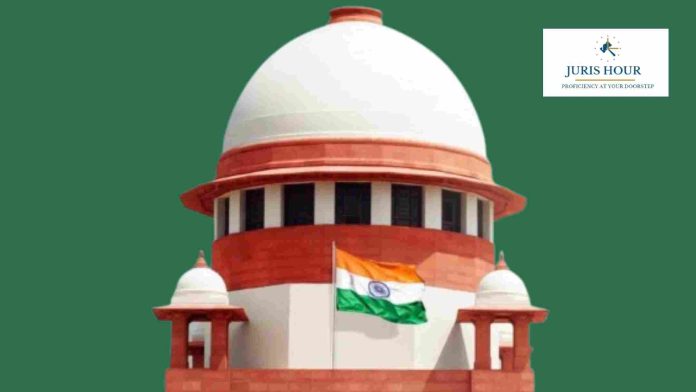The Supreme Court refused to stay the operation of the Waqf (Amendment) Act, 2025, but issued several interim directions to balance the interests of all stakeholders until the matter is finally adjudicated.
A bench led by Chief Justice Justice Bhushan Ramkrishna Gavai and Justice Augustine George Masih, while pronouncing judgment on a batch of petitions, observed that no case was made out for staying the entire statute. However, the court stayed the operation of certain provisions and placed restrictions on their implementation pending further proceedings.
- Proof of Religious Identity – The requirement under Section 3(r) that a person must demonstrate professing Islam for at least five years was stayed until state governments frame rules to determine such claims.
- Treatment of Properties – Provisions under Section 3C(2), (3), and (4), which allowed designated officers to treat properties as non-waqf until reports were submitted and corrections made in revenue records, were stayed.
- Protection from Dispossession – The court directed that waqfs shall not be dispossessed of their properties, nor would revenue or board records be altered, until the Waqf Tribunal decides disputes under Section 83. At the same time, no third-party rights shall be created in disputed properties until final determination.
- Non-Muslim Representation – The Central Waqf Council and State Waqf Boards were capped to include not more than four non-Muslim members out of 22 and three out of 11, respectively.
- Appointment of CEO – While not staying Section 23, the court directed that, as far as possible, the Chief Executive Officer of the Waqf Board should be appointed from within the Muslim community.
- Observations Are Prima Facie – The bench clarified that these directions were interim in nature and would not affect arguments on the constitutional validity of the Act when the matter is heard in detail.
Background
The Waqf (Amendment) Act, 2025 had been challenged by multiple petitioners, including religious bodies, activists, and public interest litigants. The amendments, particularly those expanding government oversight over waqf properties and altering definitions of waqf, triggered widespread debate.
Solicitor General Tushar Mehta, appearing for the Union government, defended the amendments, arguing that they were necessary to ensure transparency, accountability, and protection of public property. Senior advocates including Kapil Sibal, Abhishek Manu Singhvi, Huzefa Ahmadi, Rajeev Dhavan, and Salman Khurshid appeared for the petitioners, raising concerns about religious freedom, minority rights, and the potential misuse of powers.
What Lies Ahead
The court’s refusal to stay the Act in entirety means the law remains in force, subject to the partial stays and directions issued. The substantive question of whether the amendments violate constitutional protections will be examined during final hearings.
For now, the judgment provides temporary relief to waqf institutions by safeguarding them from dispossession and limiting government intervention until a judicial determination is made.
Case Details
Case Title: IN RE THE WAQF (AMENDMENT) ACT, 2025 (1)
Case No.: Writ Petition(s)(Civil) No(s). 276/2025
Date: 15/09/2025
Read Mroe: International Courier Cargo Terminals Inaugurated at Thiruvananthapuram and Kozhikode

